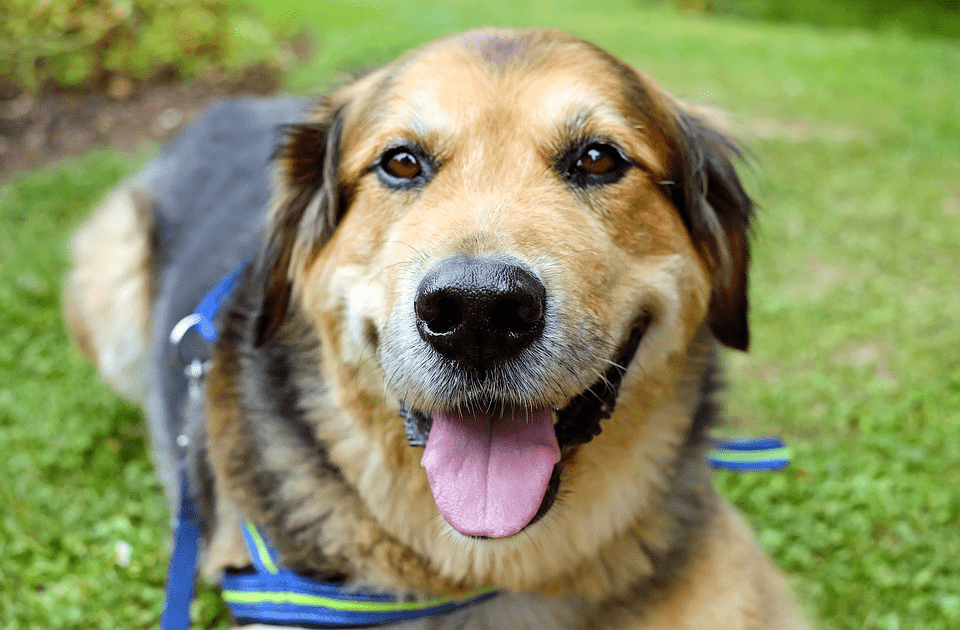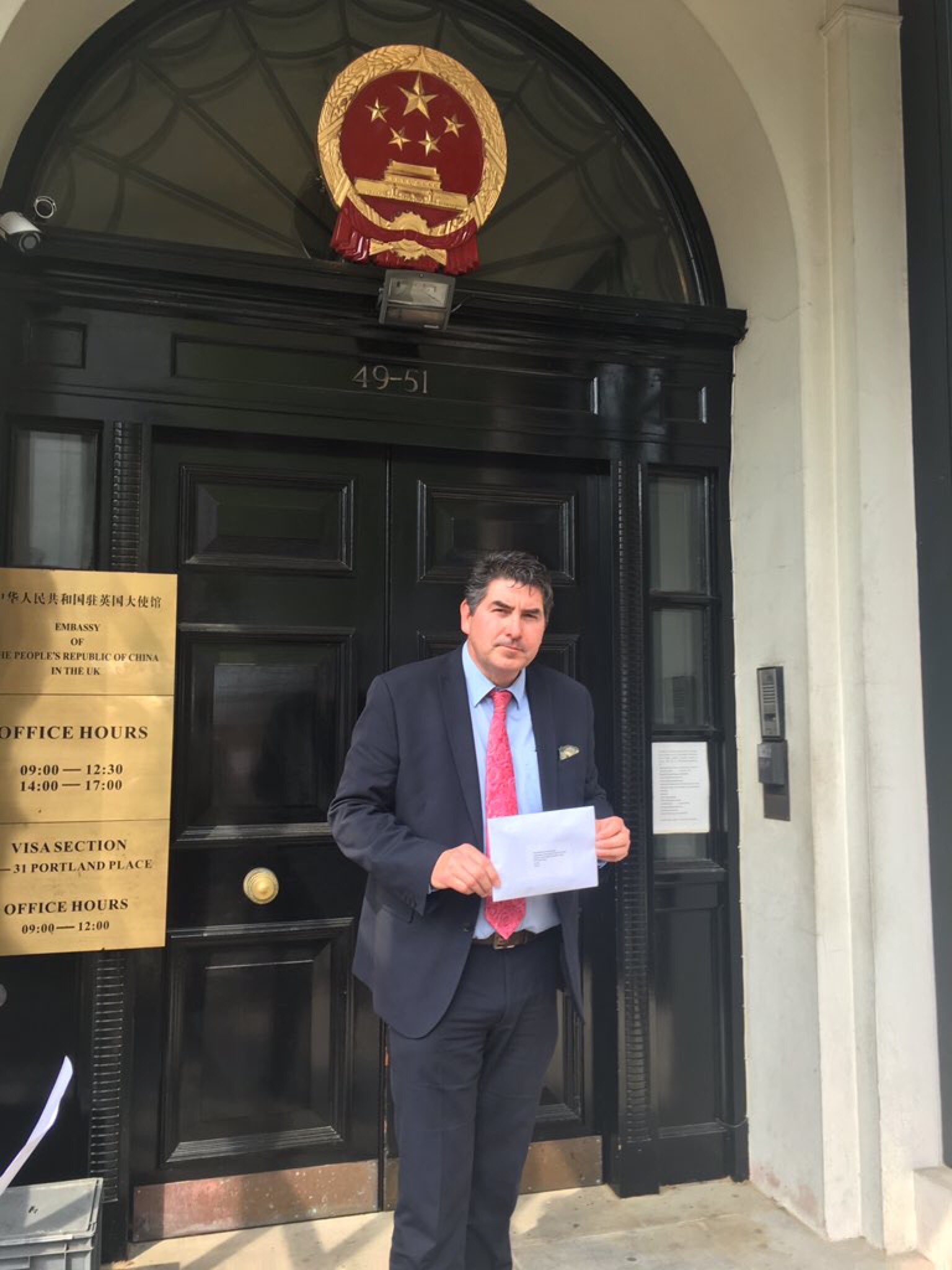New research out today has revealed that councils across the UK have issued dog owners with more than 6,000 dog fouling fines raising over £360,000 from 2015 to July 2016, with £247,282 raised last year alone.
The findings, which have been released by Direct Line Pet Insurance detail which regions were handed more fines for not cleaning up after their dogs. Where does yours feature on the list?

No.1 offender: Scotland
863 fines issued for dog fouling
12,906 reports received for dog fouling
= £28,860 raised
No.2 offender: North West
698 fines issued for dog fouling
12,723 reports received for dog fouling
= £45,628 raised
No.3 offender: Yorkshire & the Humberside
623 fines issued for dog fouling
9,731 reports received for dog fouling
= £35,560 raised
No.4 offender: Wales
615 fines issued for dog fouling
7,403 reports received for dog fouling
= £48,225 raised
No.5 offender: East Midlands
341 fines issued for dog fouling
5,689 reports received for dog fouling
= £8,470 raised
No.6 offender: North East
264 fines issued for dog fouling
10,344 reports received for dog fouling
= £14,748 raised
No.7 offender: West Midlands
217 fines issued for dog fouling
5,016 reports received for dog fouling
= £12,810 raised
No.8 offender: South East
200 fines issued for dog fouling
9,509 reports received for dog fouling
= £8,676 raised
No.9 offender: Northern Ireland
182 fines issued for dog fouling
1,614 reports received for dog fouling
= £14,030 raised
No.10 offender: South West
178 issued for dog fouling
5,088 reports received for dog fouling
= £11,405 raised
No.11 offender: London
160 issued for dog fouling
8,187 reports received for dog fouling
= £11,720 raised
No.12 offender: East of England
110 issued for dog fouling
5,803 reports received for dog fouling
= £7,150 raised
Henry Leonard, AOP Clinical & Regulatory Officer, commented on the health implications of not picking up after your dog saying: “It’s important to recognise that not picking up after pets can indeed have wider consequences for public health. There is a risk to the sight, particularly in children, from an infection called toxocariasis which is caused by a parasite present in animal faeces, predominantly dogs. The risk comes from the eggs of the parasitic worm, Toxocara Canis, when they are ingested rather than necessarily getting some in the eye. This can either be from direct contact with faeces or more frequently from contaminated soil.
“While cases are rare, toxocariasis can cause a variety of serious problems in the body. The eye is a common site for it to lodge and the effects can be devastating to the sight unless it’s treated promptly. A blood test can usually detect it but you may also need an eye examination to look for parasites.”
Dog fouling orders are governed under the Anti-Social Behaviour, Crime and Policing Act 2014 which allows local authorities to set out specific public space protection orders (PSPOs) for their area, detailing that owners must clear up after their dogs in certain public areas4. If a PSPO is ignored, dog owners can be given an on the spot fine (fixed penalty notice) usually between £50 & £80, or up to £1,000 if it goes to court.
Enter your email and never miss out on receiving our best articles:






